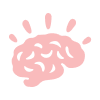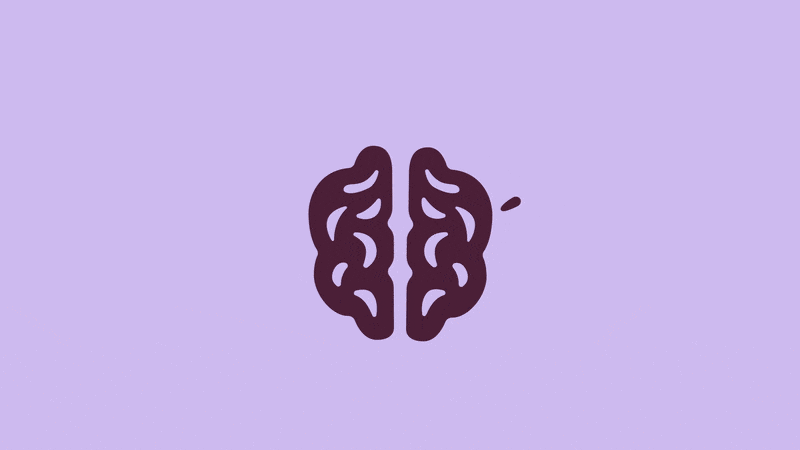
the brain & what’s behind insomnia
OK, let’s start this with one big, important message:
insomnia is not your fault. Did you get that? It’s not your fault.
Insomnia is a real medical condition.
It should be taken seriously, and may even need professional
help—from a real doctor, not your neighbor (unless your neighbor is, in fact, your doctor).
So if it’s not all you, then what causes insomnia? To understand that, first let’s get our heads around how sleep works.
the sleep/wake system
Alright, let’s get sciencey. How and when you feel sleepy comes down to your body’s sleep/wake system. Your brain has sleep signals and wake signals that work together, and for healthy sleepers, work in pretty good harmony. Wake signals handoff to the sleep signals and we sleep. When this handoff is delayed or doesn’t happen, well, say hello to staring at the ceiling because, chances are, it’s not going to be a good night.

the brain & insomnia
Insomnia is a real medical condition that occurs when the sleep/wake system is a bit out of step. And when this happens, it doesn’t matter how many sheep you count, you’ll probably be struggling to sleep well.
People living with insomnia are awake when everyone else is asleep and exhausted when the rest of the world is energetic and active. This reversal of night & day can cause unwanted impacts: psychological and emotional distress and increased physical health risks such as heart disease, high blood pressure, diabetes. You get the idea.
Meanwhile, people who get good sleep are more likely to wake up refreshed, focused and ready for whatever the day brings. Wouldn’t that be nice.
So while insomnia may seem like a problem of the night, that’s only half the story because its effects are also felt during the day.

To sum it up, the signals that keep you awake get stuck in overdrive, and this
fast and furious brain mode can result in insomnia. Yep, think about all those
nights where you just can’t sleep no matter what you do. Well, it’s thanks to
that pesky sleep/wake imbalance.
the skinny
Insomnia is not your fault

Insomnia is a real medical condition that occurs when the sleep/wake system in the brain isn’t working in harmony

Overactive wake signaling could be the cause of your insomnia


why night & day matter ![]()
sleep in summary ![]()
